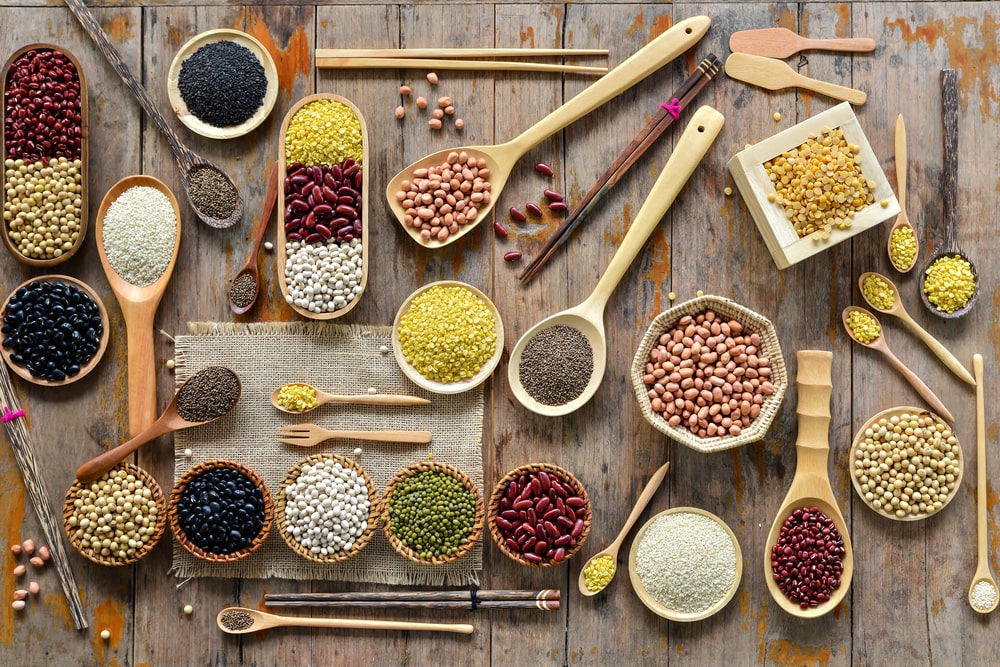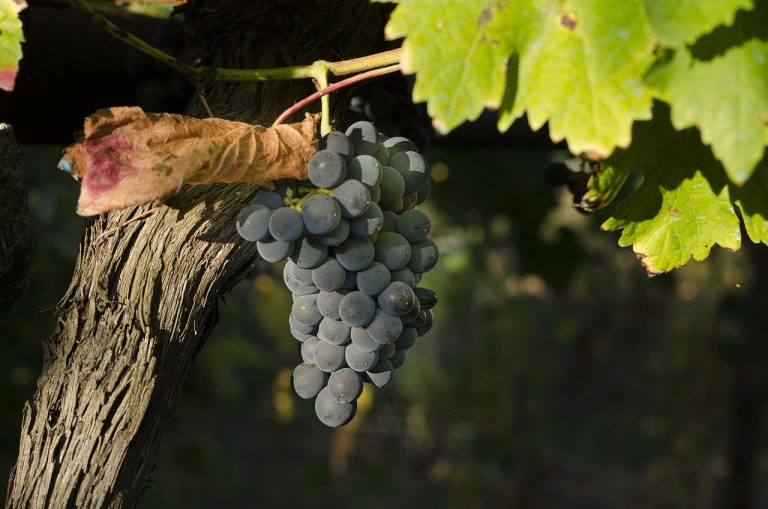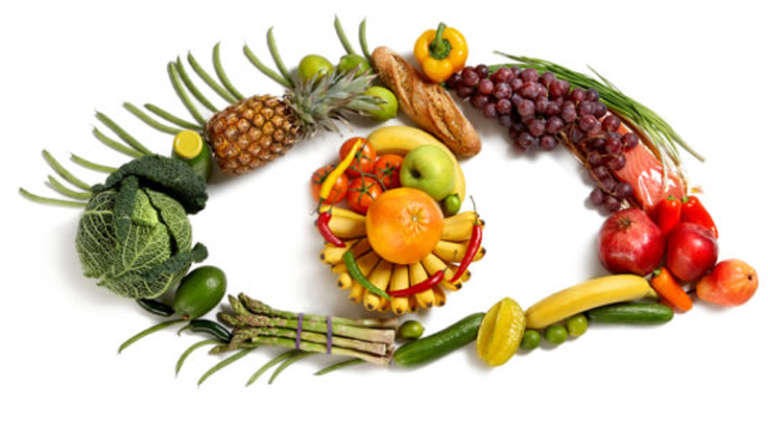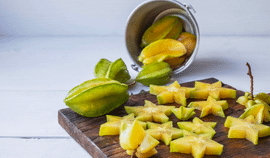The vegan kitchen, like any kitchen, must have a few necessities to make cooking simple, quick, and healthy.
These vegan staples need to always be stocked in your pantry or refrigerator.
The obvious ones are items like beans, whole grain pasta, brown rice, an all natural organic sweetener, tofu, steel cut oatmeal, soy milk, soy butter, whole wheat bread, and other items.
Then here are the seasonings such as basil, thyme, granulated garlic, onion powder, sea salt, and fresh lack peppercorns with a grinder.
Fruits and Vegetables also seem to run a muck in the kitchen of a vegan.
As far as fruit it is a good idea to keep seasonal fruit on hand and purchase off season fruit , frozen.
On the vegetable end keep tomatoes, onions, garlic, celery, bell peppers, and salad for quick raw meals and great meal tarters.
Those are just a few of the basics and they change from kitchen to kitchen depending on the family.
Some people may be allergic to gluten and opt for gluten free products.
Then there are those that are allergic to soy and use other alternatives like rice milk and cheese.
Each family is different.
In our house we add a few more items for a full flavor experience because we love to taste our food.
Bland will just not work.
Magi is a liquid seasoning that is similar to soy sauce with less sodium, and a lot more flavor.
You can use it in beans, to make marinades, in vegetables, to make cheese sauces, and in making salad dressings.
You can find magi at most Chinese stores.
Roasted Laver, Dulse, or other sea vegetables is filled with necessary iodine for thyroid health and other necessary functions for a healthy body.
The Roasted Laver is great for making vegan sushi rolls.
Dulse taste good in salads.
All sea vegetables are great for snacking.
You can also tenderize your beans with sea vegetables.
Avocados are a good source of vitamins C and K, folate, potassium, essential fatty acids, and Vitamins B6 and B12 both of which tend to be deficient in a vegan diet and must be supplemented.
My favorite thing to do with avocados is make my famous Avocado sandwich made with alfalfa sprouts, spinach, soy butter, avocados, tomatoes, sea salt, and of course toasted whole wheat bread.
Coconut and olive oils are both great for cooking.
The health benefits are even better.
Every vegan home is different and yet quite the same.
There are some staples that stay the same across the board, but then depending on your family’s dynamics there may be a few staples that are unlike any other.
Full list of Common Vegan Staples:
Dried and/or canned beans—black, red, kidney, chickpeas, lentils, pintos,
etc.
• Nondairy milk—soy, rice, oat, almond refrigerated or off the shelf
• Unsweetened coconut milk (canned)
• Tofu (suggested that you have extra firm or firm for rigorous cooking and
soft for sauces, dressings, and deserts)
• Pasta and noodles—whole wheat/grain pasta, brown rice, quinoa, etc.
• Whole-grain cereals
• Canned tomato products (diced, whole, puréed, sauce, and paste)
• Condiments—salsa, soy sauce (tamari or shoyu), chutney, mustard,
vegan mayonnaise, etc.
• Dried fruits
• Thickeners—cornstarch, arrowroot, and kudzu
• Egg-replacement powder (Ener-G Egg Replacer)
• Vegetable broth (The best I have found is by Imagine)
• Dried mushrooms, dried chilies, sun-dried tomatoes
• Dried sea vegetables, including nori and roasted laver
• Miscellaneous vinegars, pickles, jellies, capers, chili paste, wasabi
powder, etc.
• Grains—rice, millet, barley, bulgur, couscous, rolled oats, popcorn, etc.
• Soy foods—tofu, tempeh, miso paste, etc.
• Convenience foods—veggie burgers, soy hot dogs, burger crumbles,
veggie sausage, etc.
• Whole-grain flours, cornmeal, etc.
• Bread products—whole-grain bread, tortillas, pita bread, bagels, etc.
• Oils—olive, coconut, flaxseed, sesame, peanut…etc.
• Peanut butter, tahini, almond butter
• Nondairy ice cream (Try Tofutti or Soy Dream brands)
• Nuts and seeds
• Lemons and limes (for cooking)
• Fresh ginger
• Garlic
• Olives (bulk)




